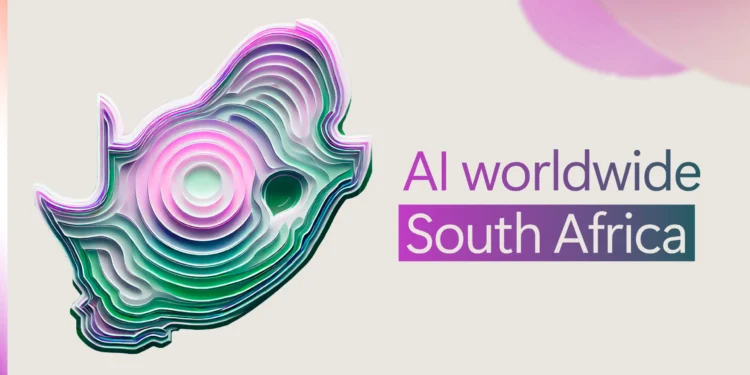The buzz is palpable in Kigali, Rwanda, as the Global AI Summit on Africa kicks off, signaling a new era of technological advancement on the continent. This excitement is largely fueled by a groundbreaking announcement from Cassava Technologies, a leader in the African tech scene founded by the Zimbabwean telecoms magnate, Strive Masiyiwa. In a bold move, Cassava Technologies revealed its plans to establish Africa’s first “artificial intelligence factory” in a strategic partnership with Nvidia, the renowned AI chipmaker.

This initiative marks a significant step towards enhancing Africa’s digital autonomy and positions the continent as an emerging hub of AI innovation. Strive Masiyiwa expressed his enthusiasm about the project, stating, “Our AI factory provides the infrastructure for this innovation to scale, empowering African businesses, startups, and researchers with access to cutting-edge AI infrastructure to turn their bold ideas into real-world breakthroughs — and now, they don’t have to look beyond Africa to get it.”
Bridging the Digital Divide
For years, Africa has lagged behind in the global AI boom, primarily due to a significant shortage of computing power. According to a study by Zindi, a community of 80,000 AI enthusiasts across 52 African countries, only 5% of the continent’s AI practitioners currently have access to the necessary computational resources to drive innovation. This scarcity of GPUs (Graphic Processing Units), essential for powering AI operations, has been a major bottleneck, hindering the development and deployment of AI solutions in the region.
The deployment of Nvidia’s supercomputers, equipped with top-tier GPUs, at Cassava’s data centers promises to revolutionize this scenario. Scheduled to commence in South Africa this June and subsequently expand to other facilities across Egypt, Kenya, Morocco, and Nigeria, this initiative is set to substantially reduce the computational constraints faced by African innovators.

Democratizing AI Across the Continent
The democratization of AI technology through local access to Nvidia’s high-end GPUs could potentially transform various sectors including agriculture, healthcare, and financial services. Celina Lee, CEO and co-founder of Zindi, highlighted the transformative impact of establishing local AI infrastructure, “By establishing Africa-based AI infrastructure, ‘Zindians’ would benefit from more affordable compute resources, faster access to AI tools, and lower latency, making it easier to develop and deploy AI models efficiently.”
Moreover, this initiative is likely to enhance Africa’s representation in global AI training datasets, which is crucial given the current underrepresentation of African languages and dialects. This underrepresentation extends to various AI systems, including facial recognition technologies that often struggle with biases, such as those against darker skin tones.
Overcoming Challenges and Looking Ahead
Despite the promising developments, there are significant challenges that need addressing. Alex Tsado, founder and director of Alliance4AI, points out issues such as Africa’s unreliable power grids and the prevalence of lower-grade smartphones which could impede the efficient running of sophisticated AI models. “There are still questions around how Cassava will overcome these infrastructure challenges when building the factories,” Tsado noted, underscoring the need for robust solutions to ensure the success of such a pioneering project.
However, the consensus remains optimistic. The establishment of Cassava’s AI factory is seen as a crucial step forward, one that not only underscores Africa’s commitment to embracing AI technology but also sets the stage for further investments and innovations. As Masiyiwa’s initiative garners attention, it may well inspire other African leaders in technology to invest in the AI landscape, potentially accelerating the continent’s journey towards technological independence and innovation.

Cassava Technologies’ initiative to launch Africa’s first AI factory in collaboration with Nvidia is more than just a technological breakthrough; it’s a beacon of hope for the continent’s future in the global digital economy. As these efforts gain momentum, they promise to unlock a myriad of opportunities for Africa, paving the way for a more inclusive and technologically advanced future.










